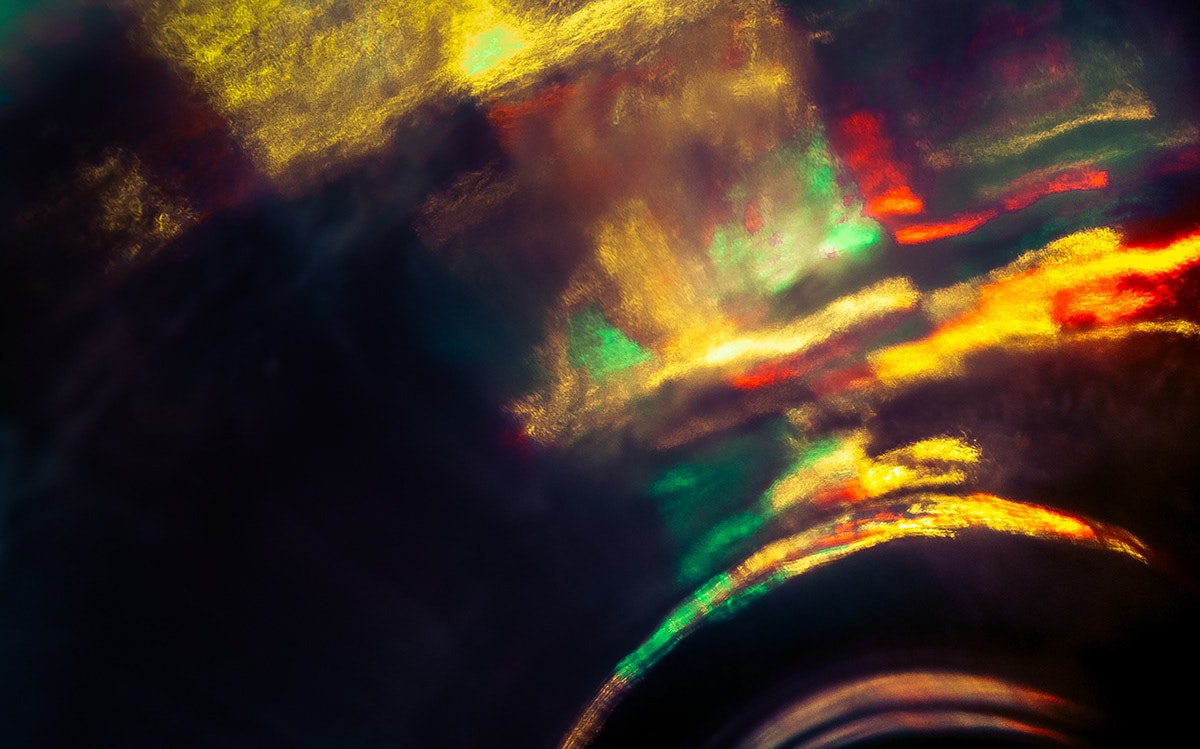ZINE ARCHIVE: AN INTERVIEW WITH EUGENE TUMUSIIME
SIDE ZINE
Eugene. I’d like to begin hovering over the surface before we dive deep in, so first: could you tell me three facts, off the top of your head, about your pre-film school life that you think people ought to know about you?
Ought to fucking know, oh shit – can I swear in this? Is that gonna be in this?
Yeah, it can be.
Cool. Oh, that’s hard – I really like glitch, I started walking for pleasure because I could shoot with my phone, and I wasn’t speaking to people much back then.
I mentioned film school. You went to Middlesex University specializing in cinematography and lighting for narrative and experimental short films, class of 2020. What was that experience like? Would you recommend film school to those who might be thinking about it?
Ultimately, you’re the person who’s deciding whether or not you’re gonna do it and you’re the only person who’s gonna decide if it’s going to work for you. I can only say the pros and the cons. Cons: it’s expensive as hell. Also, travel isn't fun. Pros: in the first year you can see what you like and also, you're never gonna have as much access to free equipment for the rest of your life. First year is finding out what you like. Second year is making a film, and it’s a very safe place to fail. And to be honest, I didn’t go in so that I could do features. I went in specifically because I had design skills already and I knew I liked filmmaking so I wanted to get the skill set to leave and get my own jobs in film because I was already getting jobs in photography. I do not regret going, I’m happy I did it, so I think if you wanna do it, I would never say no as long as you have your finances in order and you understand you’re gonna have to do a lot of choosing and sacrificing when it comes to your life outside of film school.
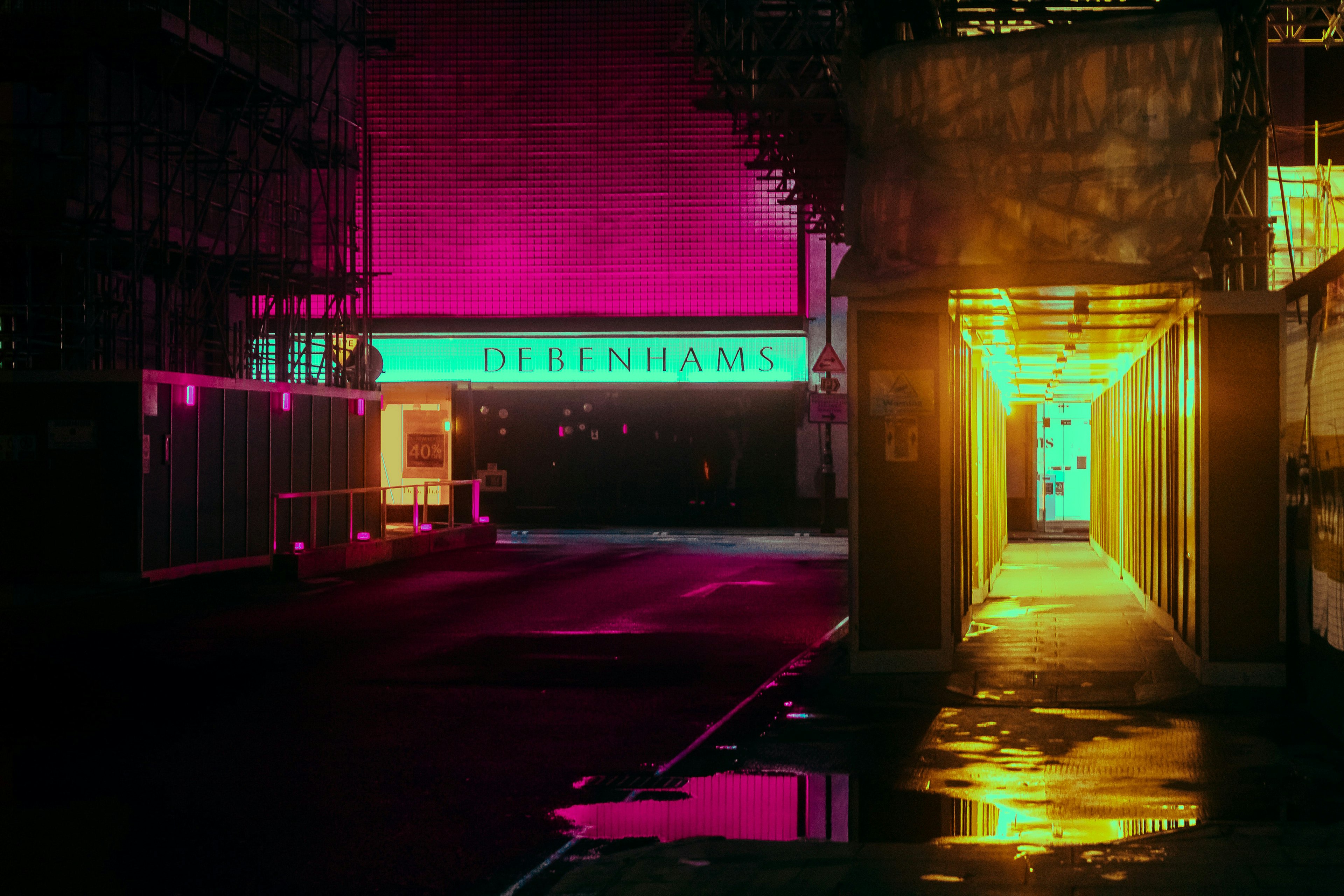
During and after film school, it’s safe to say you’ve developed a stunning visual portfolio, including, but not limited to neon photography and cinematography of Reading, London’s Chinatown, London’s Soho, London in general, and even Turkey. So, simply: why photography and cinematography? Why head the way of the photo freelancer instead of the way of the film director or for that matter, any other film crew position?
It really just came down to ‘I like cameras’ (laughs). I did from a very young age, you know when you get those compact cameras, I used to love that shit! Windows MovieMaker was built in and you could just cut shit together, it was awesome! Photography was that, but also I don’t have to speak to anyone, so even better. And the main reason I started shooting was because I found out what RAW files were and I loved the control over the image. I would avoid film crew stuff because the contracts are horrible, the hours are horrible, and I also know working on a feature would kill me. I’ll do it for small things and individual projects, but it can’t be the main thing.
You’re widely known for your saturated neon cyberpunk portraits of cities, inspired from projects such as Ghost in the Shell and Blade Runner. Do you think there’s a deeper reason you work within this style, a deeper reason to your attraction to color and the massive scale of cities instead of, say regular headshot photography, or do you think it’s something you fell into moreso coincidentally?
I can’t say there’s a deeper meaning as to why I grade the way I do or where I shoot, but maybe in terms of the subject. For example, there was a long time during 2018, where I wasn’t really speaking to anyone, so I went out and shot lonely people on the streets. So, occasionally there might be a subject matter I’m going after, but not in terms of style.
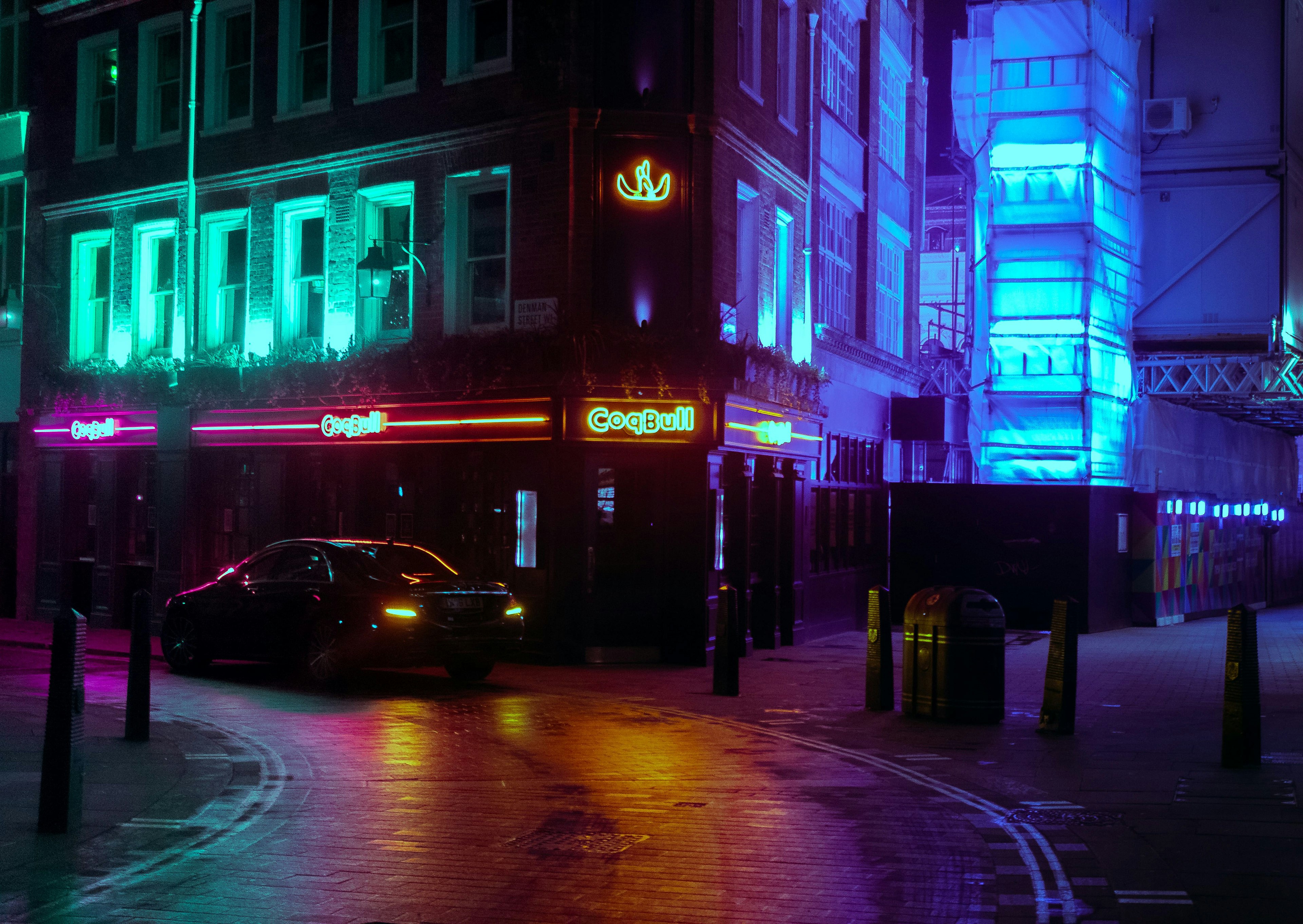
Since 2018, you’ve been continuously developing a portfolio named Neon Nights in separate volumes where you shoot London’s hidden neon chunks of heaven. You’ve shared before your love of the TFL (laughs) and its ability to get you to said chunks of heaven. Why this admiration of the TFL?
I live in like, the absolute North-West part of London, I’d be fucked if it wasn’t for the TFL, man! But seriously, my entire location scouting process is two things: googling images of this area at night or pointing at a station on the tube map and going, that looks nice, I’m gonna go there! But also, if I’m patriotic about anything, it’s the TFL. I owe my career to them, my mother, and Liam Wong.
You also work as a colorist. Colorists are fascinating people as they embody three very different character qualities: love of film, general ability of painting/drawing, and general knowledge of computers and techy-techy things. How important do you think coloring is to the final cut of a film?
That’s interesting. I’m not one of those people that says any color has a specific meaning – but – certain colors can evoke certain things, in the same way a performance or production design can, it’s all different details of the same full composition. I had a friend who wanted to write a paper on who owns the image more, the colorist or the DP. A colorist can fix a terrible shot.
I read an article one time that said colorists are essentially gaffers in post.
That’s brilliant. Send me that. That’s so true. A colorist can relight everything *snaps his fingers* like that.
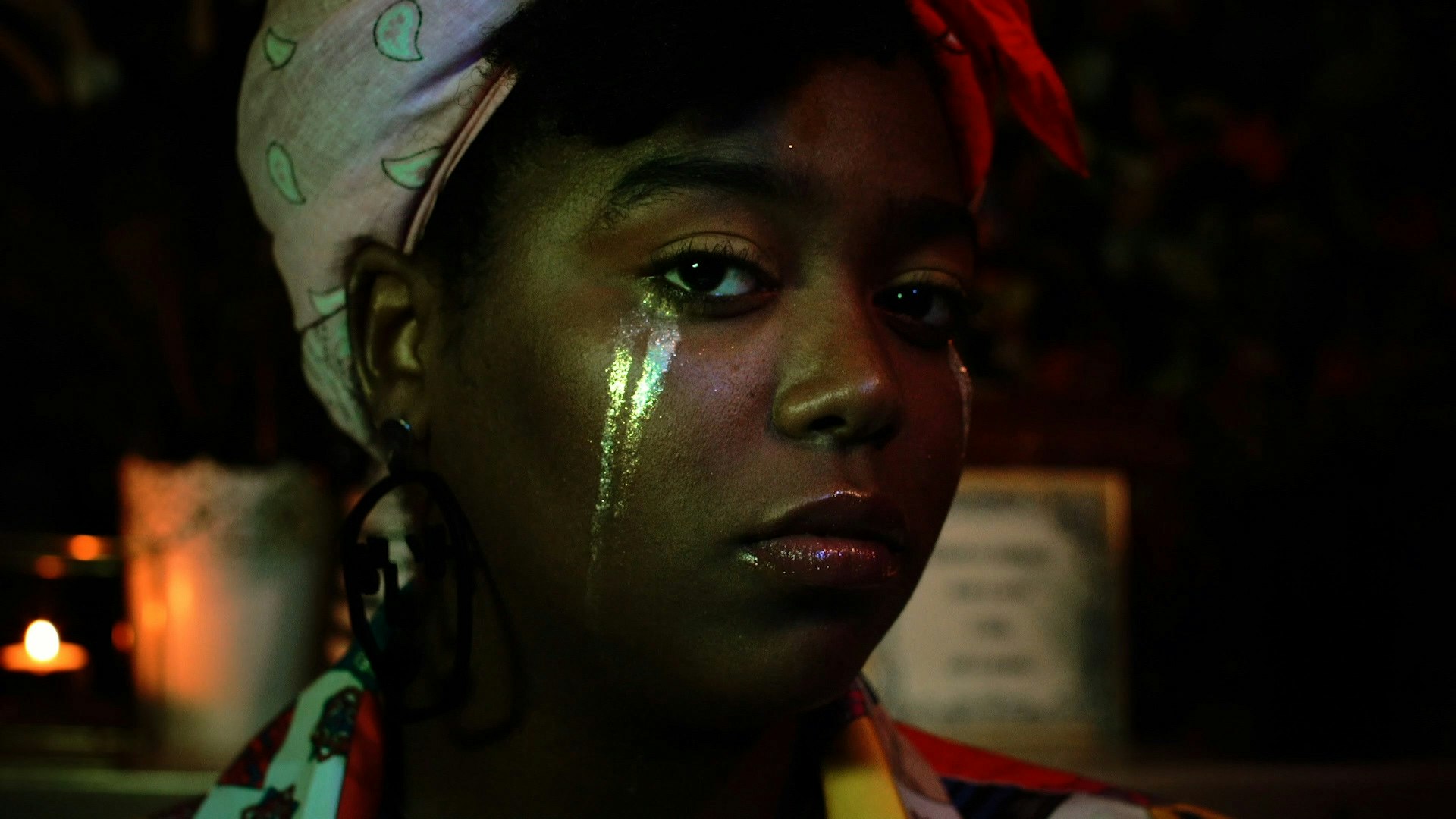
As a person working mainly in the digital medium, I’m curious to hear your opinion on the physical vs. digital debate in the art world. Whether it’s Netflix vs. cinema or NFTs vs. physical galleries, there seems to be a split between people regarding which direction digital content is heading. Do you think there’s a certain level of sanctity to the physical, would you prefer your photographs be exhibited in a gallery for example, or are you happy to transfer your content to a mostly entirely digital world?
I know I wanna make a book – really fucking badly. But otherwise, I think in this time, you have to be okay with how easily people can come across digital images. Otherwise, I dunno, I like some of my own photos in print, but I also like the idea of a full digital gallery. NFTs are really interesting, but we need to go through a lot of technological and cultural change for those to become even relatively okay, and there are a lot of pros and cons, so I’m not sure yet. But I do love digitals, that’s a great thing to have available. People can pursue a career easier, it’s a net positive, I don’t wanna do fake art shows and shit, and digitals can bridge gaps between nations. So I do love it.
You were commissioned by The Economist to be a photojournalist in their piece on the economics of food delivery during Covid-19 times. What was the biggest challenge of attempting photojournalism for such a massive media outlet? What was the poetry of it?
That’s fucking hard. The biggest challenge, I guess – one thing I didn’t expect was that photo editors would have these really long shot lists of things they want particularly, they have a perspective on it already, so you’re really just the one to get that across. In terms of how practically challenging it was - oh yeah! - it’s going into different kitchens and making sure they do not look the same! The other thing was, there was a point when I went into this kitchen, and I had to make it look like it wasn’t a fucking run down piece of shit place (laughs).
What about the poetry and the beauty of working as a photojournalist specifically?
It’s so weird to even have that term applied to me. One time, this person on Twitter went ‘Thank you for this lovely piece of photojournalism!’, and I was like, oh, shit, I guess I count!
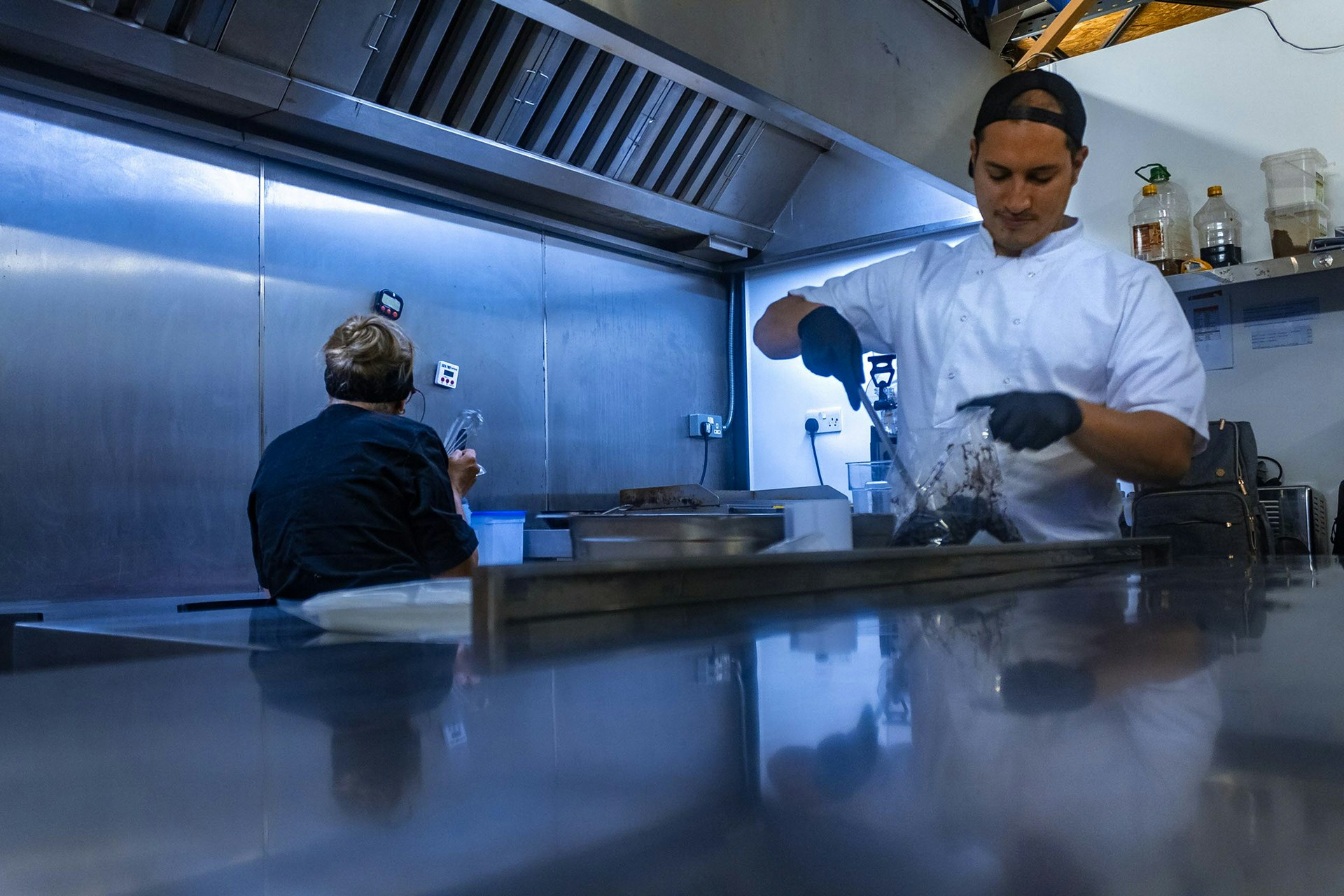
I of course have a few questions about the project which originally brought us together, my debut short film ‘OVER-SATURATED’. This short was shot with a less-than skeleton crew and cast consisting primarily of old friends and colleagues. What are some of the pros and cons of working with people you have a personal relationship with?
For you, specifically, you weren’t picking these people because you were desperate and you needed anyone, you liked these people already. So I think it’s good and I like that feedback loop when the creatives are good and capable. And even things like, breaking the script down, it’s the same process, but it’s with a friend there and it’s that thing of acknowledging with someone, damn, man, this is taking fucking ages. Like for OVER-SATURATED, that process was so nice, cause we were just talking shit half of the time!
Do you feel a lack of creative expression when working as a cinematographer under a director? Particularly regarding ‘OVER-SATURATED’, the film is a single 17 minute shot, so mostly everything needed to be meticulously planned cinematography-wise. Did you feel a lack of creative expression in that sense? No offense if you did.
Nah, I really didn’t, it was great. I did design training before I did film school, and with design there’s this thing of, you come in, and you do your thing, and that gets this other thing across. So that’s my mindset when being a cinematographer, I have to translate this other idea visually and however I do it – that’s the fun bit. At the end of the day, it’s problem solving. Even with like, our upcoming project eunoia, without saying much, I know you’re really particular about how you want the visuals and some of the shots to look like and I’m like, good!, then at least I’m gonna get more information about how the story is and why it is that way.
Lastly. Eugene, as you’re rising more and more through the art world, getting commissioned more and more frequently for better and better things, do you find yourself feeling more pressure as a creative? In what ways does a larger audience affect your voice? Does it broaden what you already want to say and who you are or does it limit you?
I think I already have things I wanna say, but I was actually really freaking out about this in 2020, I was thinking I’ll keep doing these projects that get bigger and bigger and that’s only gonna happen if I allow myself to do it. I guess one of the coolest things is I’ve never really had a negative interaction on the internet. Maybe it’s just me, but that’s been my experience. I love the work. Yeah, it’s definitely stressful doing bigger things, but I don’t think it changes my voice. I just need to get comfortable with the idea of how many people are looking at my stuff, but overall, I’m just really happy to do something I love.
